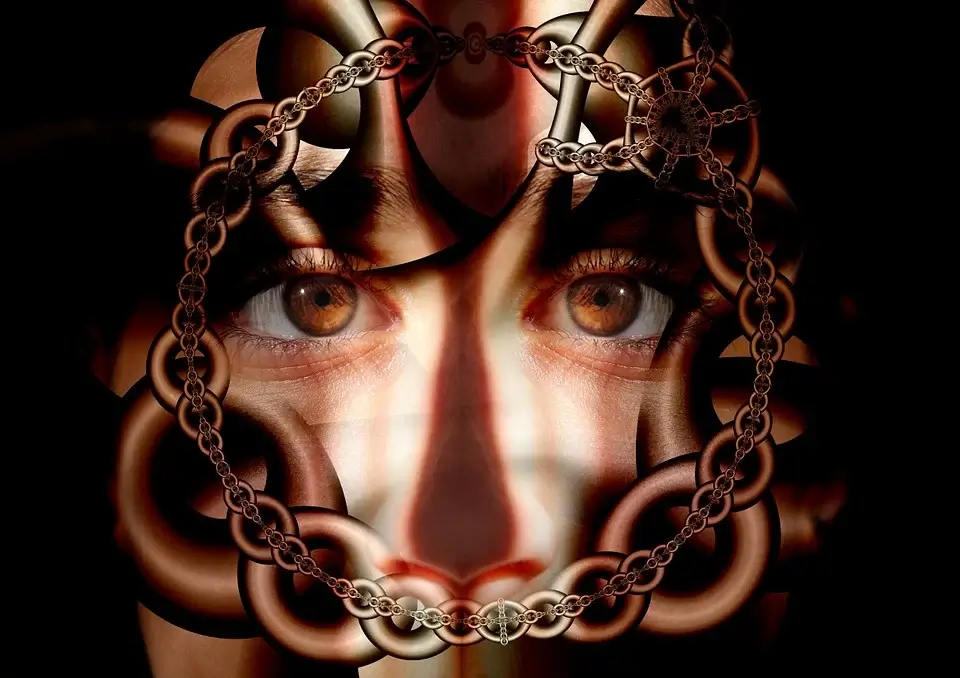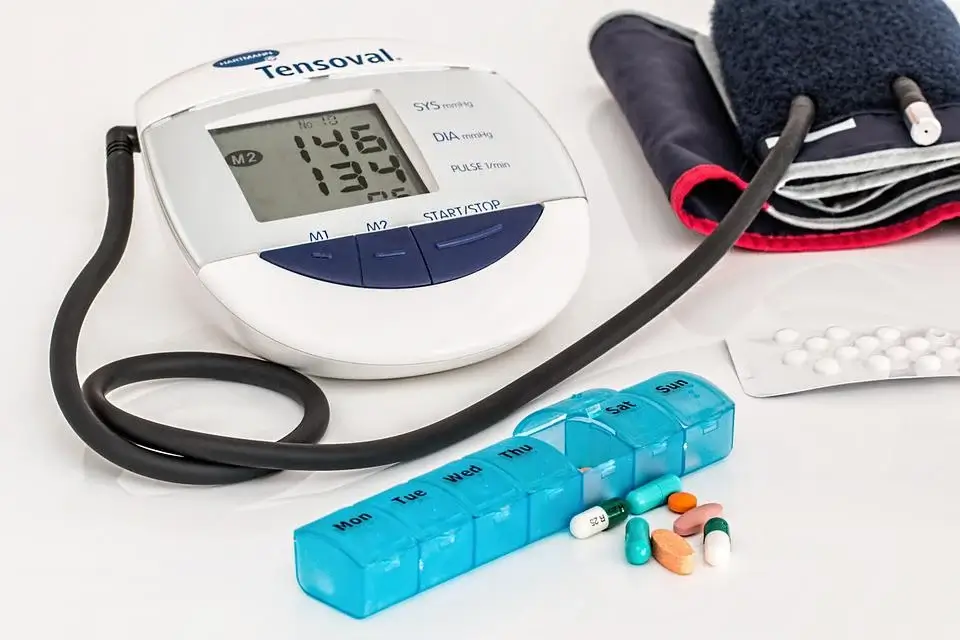Diabetes is a chronic condition. The complications are usually the result of high blood sugar levels over an extended period of time. Talk to your doctor about diabetes complications, there are many different types out there and you want to know what you’re up against.
The most common diabetes complications include eye problems, nerve damage, kidney disease, heart and blood vessel disease. These can happen in either type of diabetes: Type 1 or Type 2.
Here are 5 complications that you need to be aware of when living with diabetes:
Diabetes is a chronic condition
Diabetes is a chronic condition. This means that it’s usually not something that goes away after a few months. Complications are usually the result of high blood sugar levels over an extended period of time.
Complications can also happen in either type of diabetes: Type 1 or Type 2. It’s important to know what kind you have so you can monitor your blood sugars and keep an eye out for any complications that may arise.
The most common diabetes complications
1. Eye Problems: Diabetes can cause blindness if not treated, and the chance of it happening increases with age.
2. Nerve Damage: When you have diabetes, your body is constantly fighting damaging sugar molecules called advanced glycation end products (AGEs). These molecules can harm your nerves, causing diabetic neuropathy.
3. Kidney Disease: The majority of people diagnosed with Type 2 diabetes will develop some form of kidney disease as well.
4. Heart and Blood Vessel Disease: Diabetes causes the blood vessels to harden, leading to complications like heart attack or stroke. It also puts you at risk for high blood pressure, which can lead to heart disease and stroke.
5. Other Complications: Diabetes can lead to other problems like ulcers in the feet or legs, skin infections, poor wound healing and even gangrene in extreme cases
Eye problems
Diabetes can cause damage to the retina and lead to blindness. In fact, diabetes is the leading cause of blindness in adults. Damage to the retina occurs when high blood sugar levels causes swelling in the blood vessels behind your eye.
Nerve Damage
Nerve damage is a serious diabetes complication. Nerve damage can happen in either type of diabetes. It can affect your hands, feet and legs, and it may lead to pain, numbness or tingling sensations.
Nerve damage often happens when you have high blood sugar levels for an extended period of time. This kind of damage is irreversible, which means it might not go away even if you lower your high blood sugar levels.
Kidney Disease
Kidney disease is a common complication that can happen due to diabetes. Diabetes affects the blood vessels, which can lead to kidney disease. The high blood sugar levels increase pressure and volume of blood, which in turn damages the kidneys. It might also make kidneys leak protein into the urine. These changes may not be noticed until damage has already occurred. Once kidney failure occurs, it will need to be managed by dialysis or sometimes a transplant.
Heart and Blood Vessel Disease
Heart and blood vessels diseases happen with both Type 1 and Type 2 diabetes. Diabetes causes the arteries to become stiffer, which increases your risk of heart attack, stroke or other cardiovascular problems.
To control this complication, you will have to have a healthy diet and lifestyle. This includes eating foods that are high in fiber and low in fat. You should also exercise regularly and keep your blood pressure levels under control.
Takeaways
The complications of diabetes can vary from person to person. It’s important to be aware of these complications and be proactive in your approach to diabetes management.
Diabetes is a chronic condition, but with the right type of treatment, it can also be managed and controlled.
Many people are unaware of the different types of diabetes complications and how they affect the body. The most common diabetes complications are eye problems, nerve damage, kidney disease and heart and blood vessel disease.
It’s important to know the symptoms of different diabetes complications and how to avoid them. You should also know what to do if you suspect you are developing one of these complications.
The different types of diabetes complications require different types of treatment. For example, eye problems require regular eye exams, nerve damage requires physical therapy, and heart and blood vessel disease requires a combination of diet, exercise and medication.
The more you know about the different types of diabetes complications, the better prepared you will be to manage your diabetes.
Thanks for connecting, My Trendysoul.com wishes you health, wealth & Prosperity.












